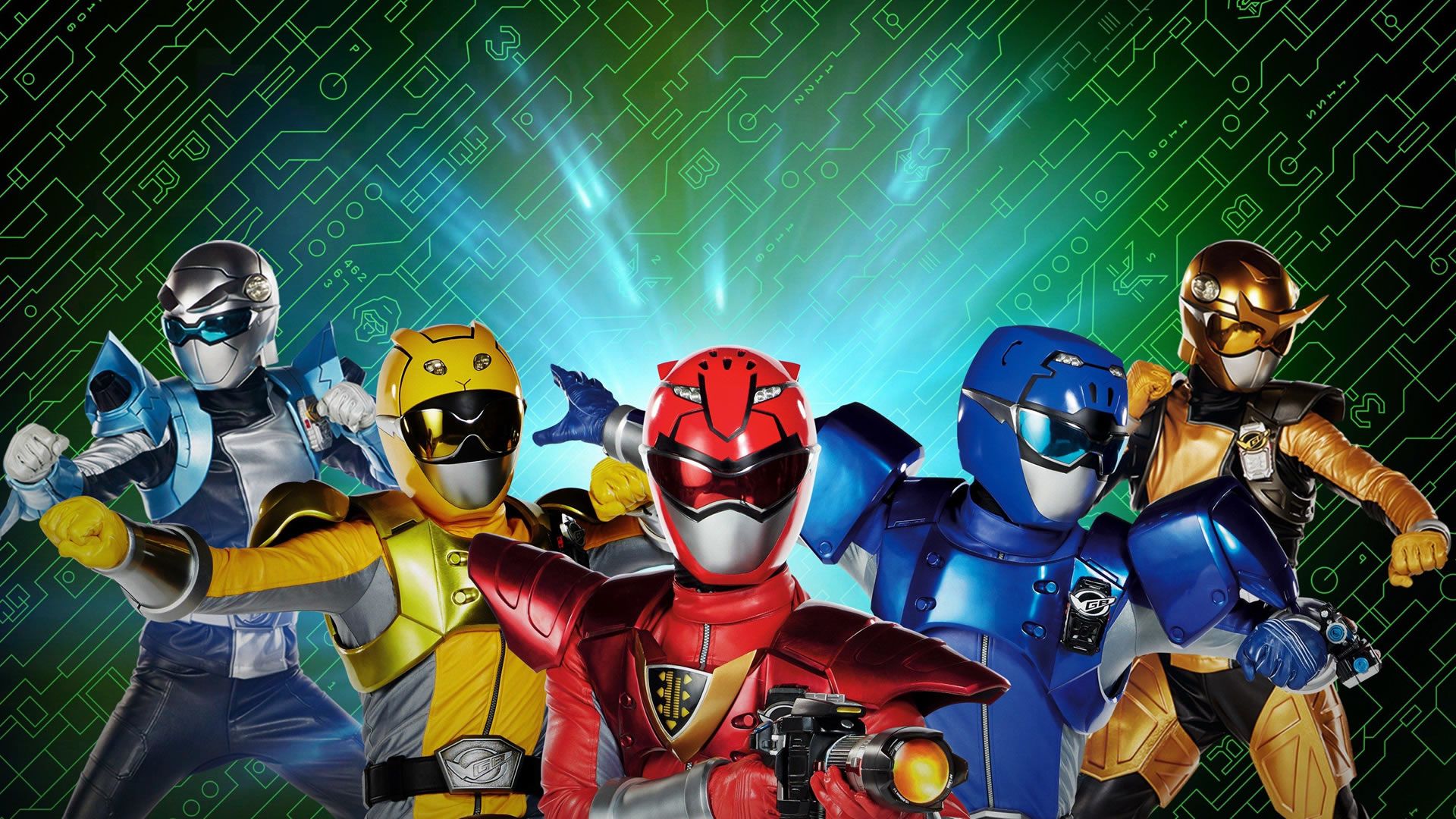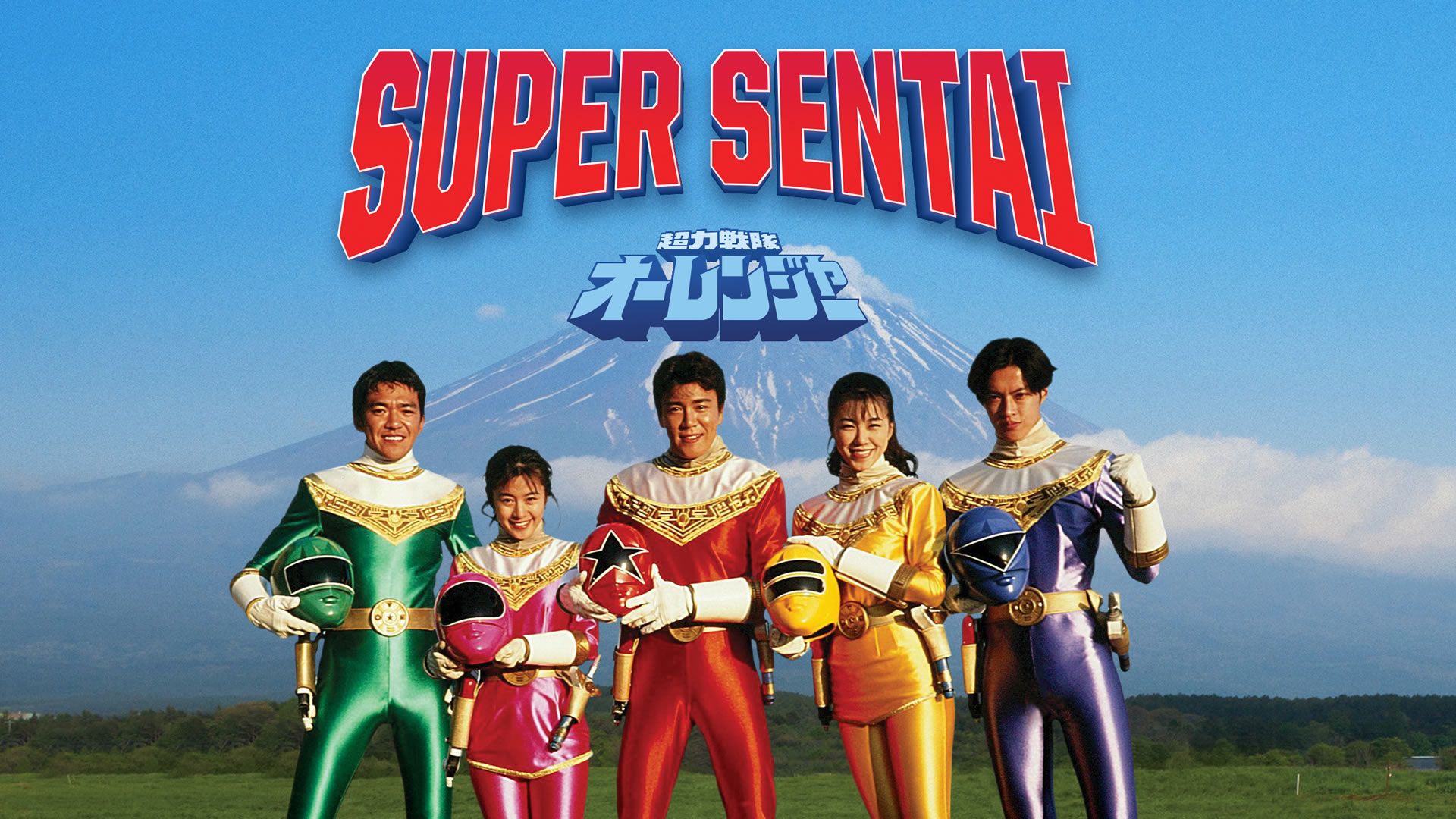According to various Japanese media, TV Asahi will end the legendary franchise Super Sentaithe saga of heroes that inspired the international phenomenon Power Rangers. Although the reports have not yet been officially confirmed by toei Not even the channel, the news has caused a great impact among followers of the tokusatsu genre.
According to the agency Kyodo News and the newspaper The Sankei Shimbun, Super Sentai will end with the series currently broadcast, No.1 Sentai Gozyugerreleased on February 16. Sources assure that the income obtained from merchandise, events and films is no longer enough to cover the high production costs of the program. For now, toei and TV Asahi They have not issued official comments on the possible cancellation.

A 50-year legacy in Japanese culture
No.1 Sentai Gozyuger is delivery number 49 of the franchise and was created to commemorate its 50th anniversary. As part of the celebration, the traveling exhibition “All Super Sentai Exhibition“, which began in Tokyo and will continue in cities such as Nagoya and Sendai. In addition, the chain NHK organized a national poll to choose the favorite teams of all time.
From Japan in the 70s to a global phenomenon
The creator of Cyborg 009 and Kamen Rider, Shotaro Ishinomorideveloped together with toei the first series: Himitsu Sentai Gorenger (1975) and JAKQ Dengekitai (1977). Toei later collaborated with Marvel Comics in subsequent productions, helping to define the style of the tokusatsu genre that would dominate Japanese television for decades.
Impact on Power Rangers and the future of the saga
Power Rangersreleased in 1993, used combat material from the series Super Sentai combining it with scenes recorded in the United States. The franchise turned 30 years old in 2023 with specials like Mighty Morphin Power Rangers: Once & Always on Netflix. At the moment, Disney+ and 20th Century TV They would be in talks with the producers of Percy Jackson and the Olympians to develop a new adaptation in live action.
With the possible end of Super Sentaione of the most important chapters of Japanese television closes. Will this be the final goodbye to the heroes in colorful suits or just the beginning of a new transformation?
